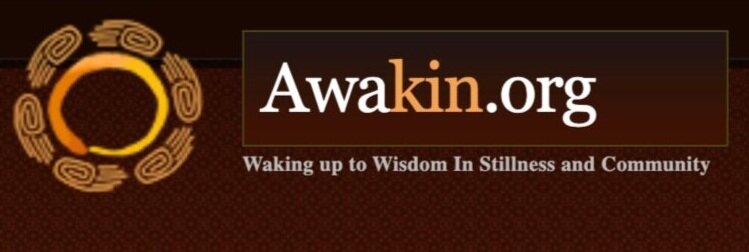Press
Always Remain Curious
Try on a sense of curiosity. “Think about what is going on for you when you hear someone [at the table] talking,” says Bond. “And then, think about what’s going on for them. The idea of wondering what kind of need someone is trying to meet, and realizing they’ve had pain or sadness before just like you, is what makes it a powerful practice.” That, of course, can only be done if you have a clear understanding of what constitutes an actual need, as opposed to a strategy to meet a need, like money. “Needs are not ideas or cars or stuff to do, and they aren’t signs of weakness or selfishness, but rather they are the energy of life that flows through us,” says Bond. Once the differentiation between a need and a strategy is made, something else will start to happen, explains Bond, which can be almost reflexive: “You’ll start going, ‘Oh, are you okay?’” (Read the Full Here Article)
We all like to think that we communicate well, but often, we don't communicate effectively. There are three simple rules you must always practice to achieve effective communication. Once you master these rules you will significantly decrease conflict and fully connect with others. (Listen to the Podcast)
In 2002 Thom Bond was a successful environmental engineer, passionate about designing smart buildings that used alternative energy. Then he chanced upon Marshall Rosenberg's landmark book Non-Violent Communication: A Language of Life. "By the time I read Chapter 1, it hit me that I had found what I was looking for...A set of concepts and ideas to be able to move through conflict." Thom realized instinctively that he'd found a new technology -- one that was human-oriented as opposed to building-oriented that would allow for more effective and harmonious use of energy. (Read the Full Article Here)
Thom Bond brings 27 years of study and training experience in human potential to his work as a writer, speaker and workshop leader. His passion and knowledge of Nonviolent Communication (NVC) combine to create a practical, understandable, humorous, and potentially profound approach for learning and integrating skills that help us experience more compassion and understanding. (Read the Full Article Here)





